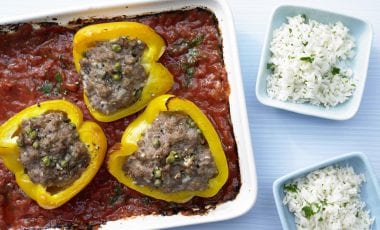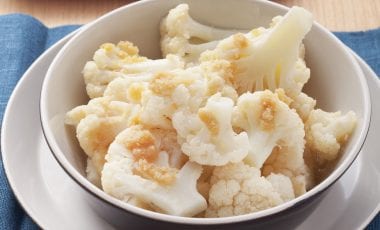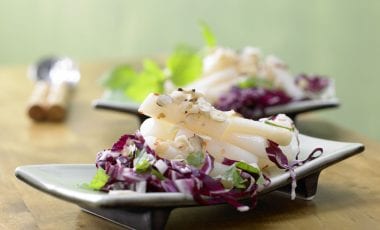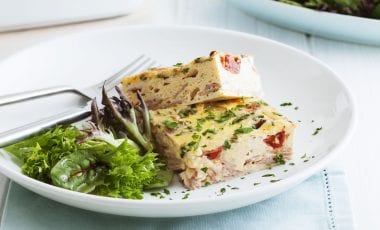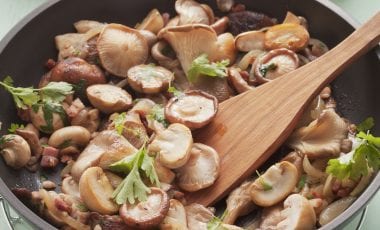Sprouts come back in season during November and December, and these notorious vegetables love the colder winter weather, even needing a little frost to develop their full flavour. Read on to find out why sprouts are so good for you, and to learn a few tips about cooking them.
There’s something of a mixed reaction to sprouts, or Brussels sprouts, as they’re often known: some people absolutely adore them, including them in side dishes and salads, whilst others avoid them at all costs! When purchased from shops, the greenish-white sprouts have usually already been removed from their stalk, and individual sprouts tend to range from about 10 to 50 mm in diameter. They offer an impressively high level of plant protein (including amino acids), and also contain vitamins A, B and C, potassium, calcium, iron, magnesium, sodium and phosphorous.
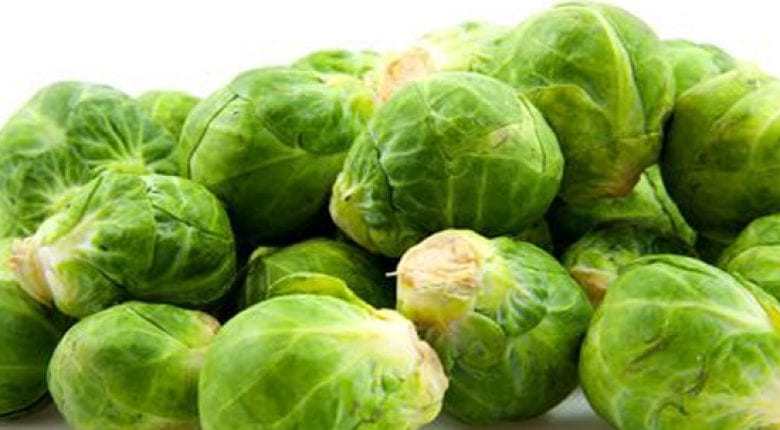
With all these nutrients on board, it’s not surprising that sprouts are often said to have ‘tonic’ properties, i.e. they are believed to invigorate and strengthen, helping to alleviate debilities and tension. Incidentally, if you store your freshly picked sprouts on their stalk (after removing the plant’s leaves and head) they will not turn brown after a fortnight; they will stay fresh and retain their consistency, sugar levels and vitamin content for much longer.
A few Brussels sprouts tips:
• Do not buy them if their outer leaves have already turned yellow.
• Gently steam sprouts in a little water without a lid, and do not stir them.
• A little nutmeg works well as seasoning.
• Sprouts will remain fresh for up to 11 days in a refrigerator and for up to 20 days in a Liebherr BioFresh compartment.
• They freeze well.
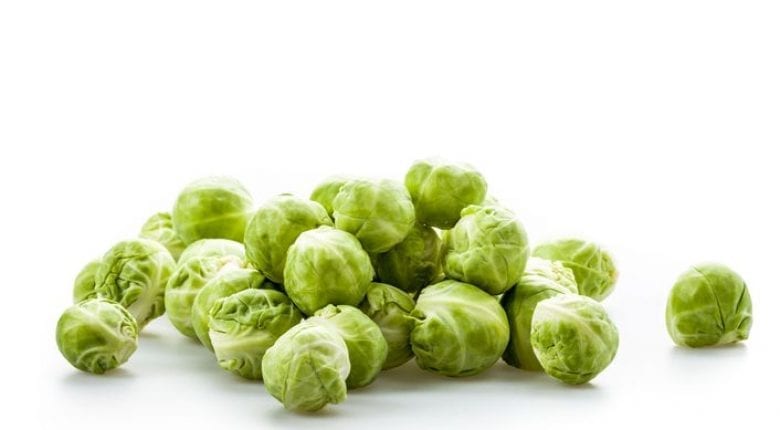
If you liked this post, why not subscribe to our newsletter? If you have any questions or comments about this post, please use the comment function below this post or start/join in discussions with us on Facebook.
